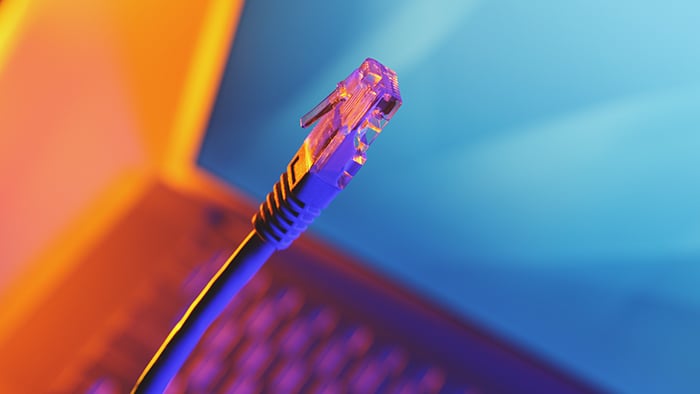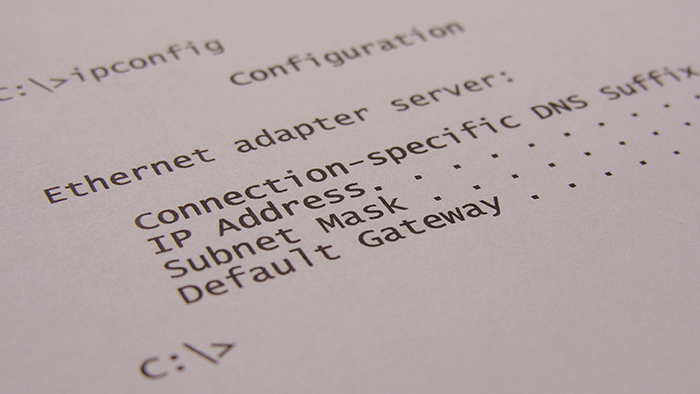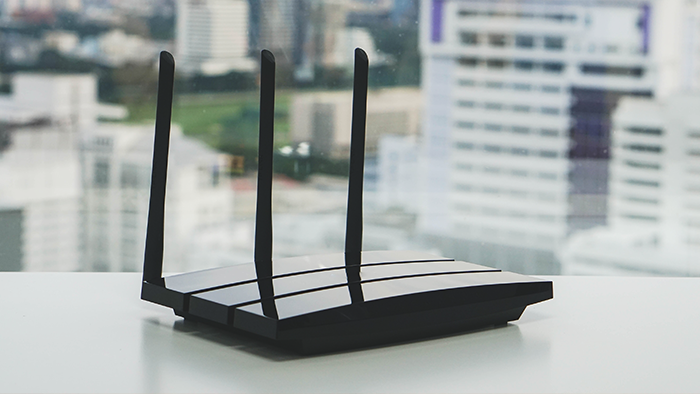- Security
- Privacy
- Performance
The Internet and your network are linked together with Internet Protocol (IP) addresses. There are two kinds of IP addresses: static and dynamic. This article examines the key features of static and dynamic IP addresses, so you can make a better decision about which one to use.
This Article Contains
This Article Contains
Advantages of a dynamic IP
Dynamic IP addresses are easier to manage and cheaper to deploy than static IP addresses.
-
Easy, automatic configuration: With a dynamic IP address, the DHCP server automatically assigns the device the next available IP address. You don’t need to do a thing.
-
Lower fees: Typically, you save money by using a dynamic IP address.
-
Unlimited IP addressing: Dynamic addresses allow you to reuse IP addresses. Within a network, your devices are automatically configured with a fresh dynamic IP address as needed. So, for example, if you bring home a new computer you don’t have to manually delete the old one or assign it a number; the network or router takes care of it. That prevents confusing conflicts when two computers try to use the same IP address.
-
Potentially better security: With a dynamic IP address it's harder for a potential attacker to target your networked equipment. You can also add to your security by obscuring your network address with a free VPN for PC.
-
Better physical security: It's much harder for a snoop to find out exactly where you're located. A VPN can help with this as well.
Disadvantages of a dynamic IP
Dynamic IP addresses are not ideal for all situations. They don't work well for internet-facing services such as the web or email.
-
Unlikely to work well for hosted services: If you plan to host a website, email server, or so on, using a dynamic IP address may be troublesome. DNS doesn't work well with dynamic IP addresses since the address is always changing. There are Dynamic DNS services that take care of this problem; however, they add expense and complexity. This can be a serious downside.
-
May limit remote access: Depending on your remote access software, your program may have trouble connecting if you use a dynamic IP address. That's where VPN programs like Avast SecureLine VPN really shine.
-
Potentially more downtime: While it doesn't happen often, sometimes your ISP is unable to assign you a dynamic IP address. This can interrupt your internet connection. For an individual consumer, that’s a temporary annoyance. It’s a much bigger problem if it knocks your company website offline.
-
Less accurate geolocation: A dynamic IP address can make your geo-location services fail because you can keep a dynamic address that no longer reflects your real-world location.
Conclusion
Typically, static IP addresses are best for businesses, which host their own websites and internet services. Static IP addresses also work well when you have remote workers logging into work via a VPN.
Dynamic IP addresses are usually fine for most consumers. They are cheaper and typically pose a bit less of a security risk.
Which type of IP address do you have?
Now that you understand the differences between static IP and dynamic IP, you may realize that it never mattered before which kind you are using. One quick way to find your IP address and its type is to use a free online tool like Avast's IP checker.
Is it difficult to change your IP address?
If you get your internet service through an ISP or cable company, in most cases they assign you a dynamic IP address.
Within your own network, by default your devices are assigned dynamic IP addresses. It is usually not much of a problem to switch to a static IP address. You do this by going to your router's interface, finding the device for which you want to assign a static IP address, and then assigning it one (usually by manually typing in a number). The details vary from router to router. On a network with an administrator, you need to have the system administrator do this for you.
How to protect your IP address, whether it's static or dynamic
No matter whether your internet IP address is static or dynamic, your ISP -- and tech-savvy bad guys -- can tell approximately where you're located and what you're trying to do on the internet. You may want to hide your IP address -- no matter what kind -- from snoopers. A VPN, such as Avast SecureLine VPN, can help protect both your security and your privacy.
IP Address
Privacy
Steven J. Vaughan-Nichols
23-09-2019


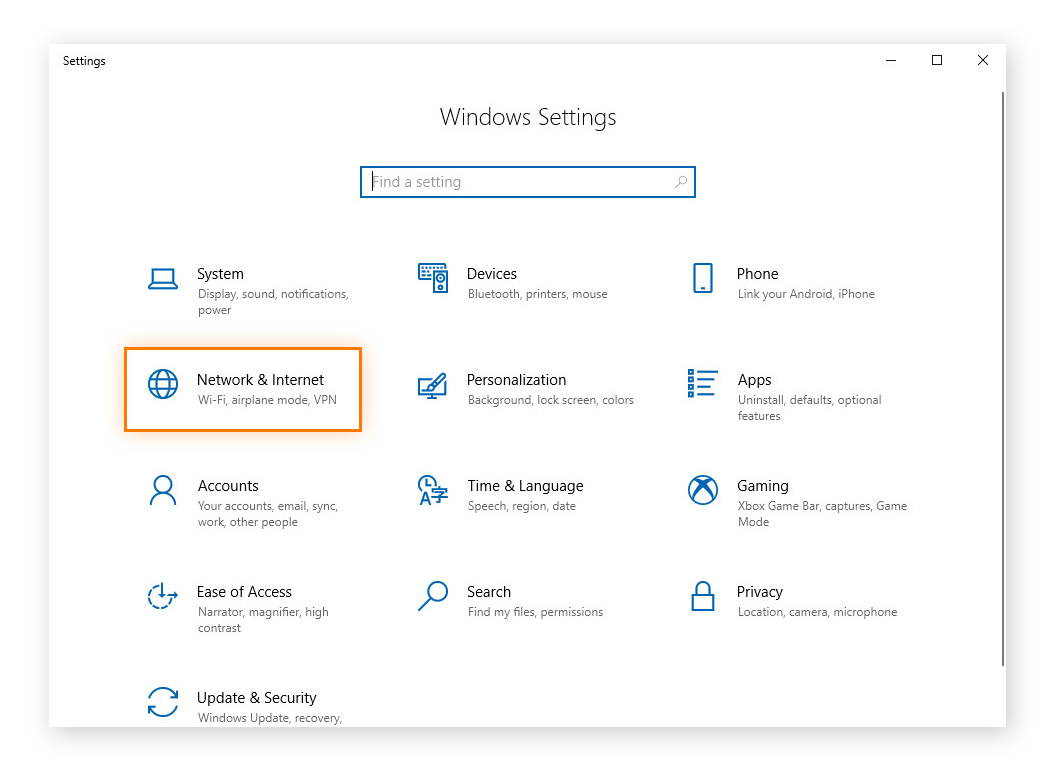

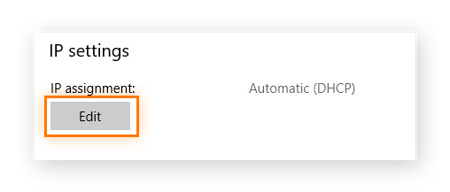
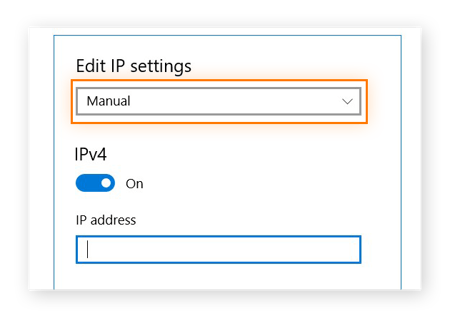




/Public-vs-local-IP-addresses-Thumb.jpg)
